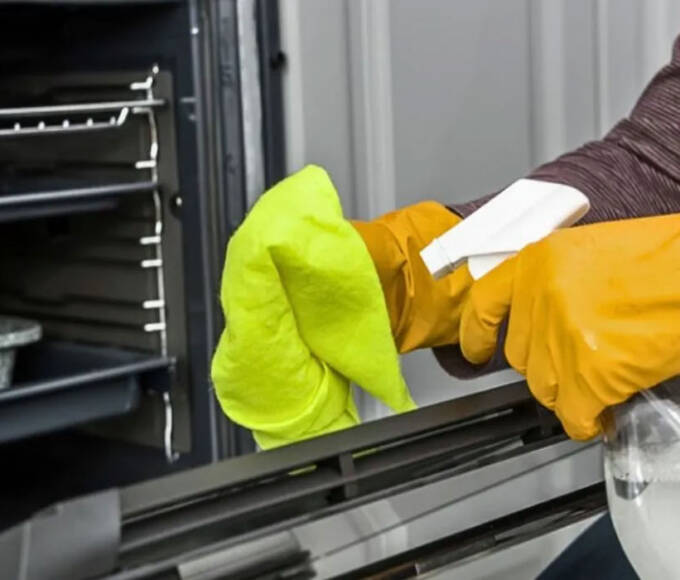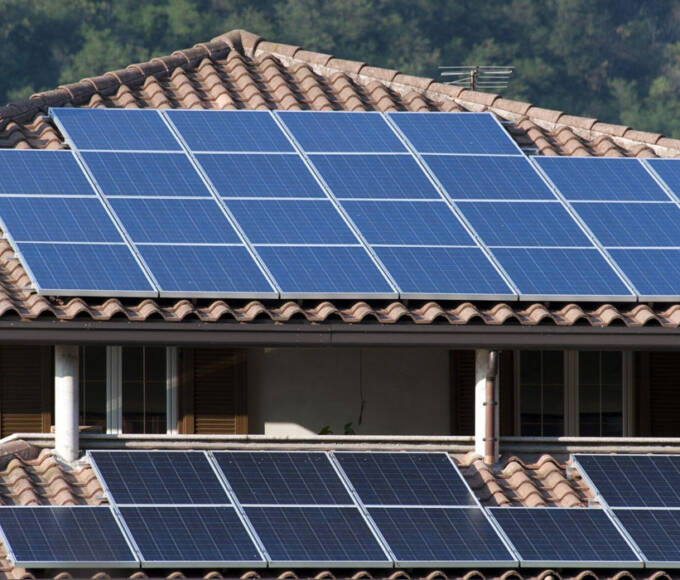Winter is the season of cosy blankets, hot cocoa, and picturesque snowfall. But it’s also the time when your HVAC system works overtime to keep your home warm and comfortable. Unfortunately, winter brings its fair share of HVAC emergencies, leaving you shivering in the cold if not addressed promptly. So, when should you hit the panic button and call for emergency heating services? Let’s dive in and find out.
1. Understanding HVAC Emergencies
When temperatures plummet, your heating system becomes a lifeline, ensuring your home remains a warm sanctuary from the icy chill outside. But like any mechanical system, HVAC units can malfunction unexpectedly, especially during the harsh winter months. From a sudden loss of heat to strange noises emanating from your furnace, several signs indicate a potential HVAC emergency.
2. Signs of a Winter HVAC Emergency
Recognizing the signs of an HVAC emergency can save you from enduring a chilly indoor environment. Keep an eye out for the following red flags:
- Complete Loss of Heat: If your furnace stops producing heat altogether, it’s undoubtedly cause for concern, especially during winter.
- Uneven Heating: Cold spots in certain areas of your home while others remain warm can indicate a problem with your heating system.
- Unusual Noises: Grinding, banging, or squealing noises coming from your HVAC unit could signal mechanical issues that require immediate attention.
- Frequent Cycling: If your heating system turns on and off frequently, it may be struggling to maintain the desired temperature, hinting at a potential emergency.
- Frozen Pipes: Frozen pipes are not only an inconvenience but also a sign that your heating system isn’t functioning optimally.
- Strange Odors: Foul or burning odours originating from your HVAC system can indicate electrical issues or even a potential fire hazard.
3. Steps to Take During a Winter HVAC Emergency
Encountering a heating emergency in the dead of winter can be stressful, but staying calm and taking swift action is crucial. Here’s what you should do:
- Check the Thermostat: Ensure that your thermostat is set to heat mode and set to your desired temperature. Sometimes, the issue may be as simple as a misconfigured thermostat.
- Inspect Air Filters: Clogged air filters can restrict airflow, causing your heating system to malfunction. Check and replace dirty filters if necessary.
- Inspect the Circuit Breaker: A tripped circuit breaker can cause your heating system to shut down unexpectedly. Check the circuit breaker panel and reset any tripped breakers.
- Inspect Vents and Registers: Blocked vents and registers can impede airflow, leading to heating issues. Ensure that all vents are open and unobstructed.
- Call for Professional Help: If troubleshooting steps fail to resolve the issue, don’t hesitate to call for emergency heating services. HVAC technicians have the expertise and tools to diagnose and repair complex HVAC issues promptly.
4. Preventive Measures to Avoid HVAC Emergencies
While HVAC emergencies are bound to happen occasionally, taking preventive measures can minimize the likelihood of encountering a heating crisis. Consider the following tips:
- Schedule Regular Maintenance: Regular HVAC maintenance ensures that your heating system operates efficiently and reduces the risk of unexpected breakdowns.
- Replace Air Filters: Replace air filters regularly to prevent dust and debris buildup, which can impede airflow and strain your heating system.
- Insulate Pipes: Insulating exposed pipes helps prevent freezing during cold weather, reducing the risk of burst pipes and subsequent heating emergencies.
- Install a Programmable Thermostat: A programmable thermostat allows you to set customized heating schedules, optimizing energy usage and reducing strain on your HVAC system.
FAQs About Winter HVAC Emergencies
Q: Can I troubleshoot HVAC issues on my own?
A: While some HVAC issues can be resolved through simple troubleshooting steps, it’s advisable to leave complex repairs to trained professionals to avoid causing further damage.
Q: How often should I schedule HVAC maintenance?
A: HVAC experts recommend scheduling maintenance at least once a year, ideally before the start of the heating season, to ensure optimal performance.
Q: Are emergency heating services available 24/7?
A: Many HVAC companies offer emergency heating services round-the-clock to address urgent issues, ensuring your comfort and safety during winter emergencies.
Conclusion
Winter HVAC emergencies can disrupt your comfort and leave you feeling helpless in the face of plummeting temperatures. By recognizing the signs of a heating emergency and taking prompt action, you can minimize downtime and restore warmth to your home quickly. Remember, when in doubt, don’t hesitate to call for professional help. Stay warm and cosy, even amidst the chilliest of winter nights.








